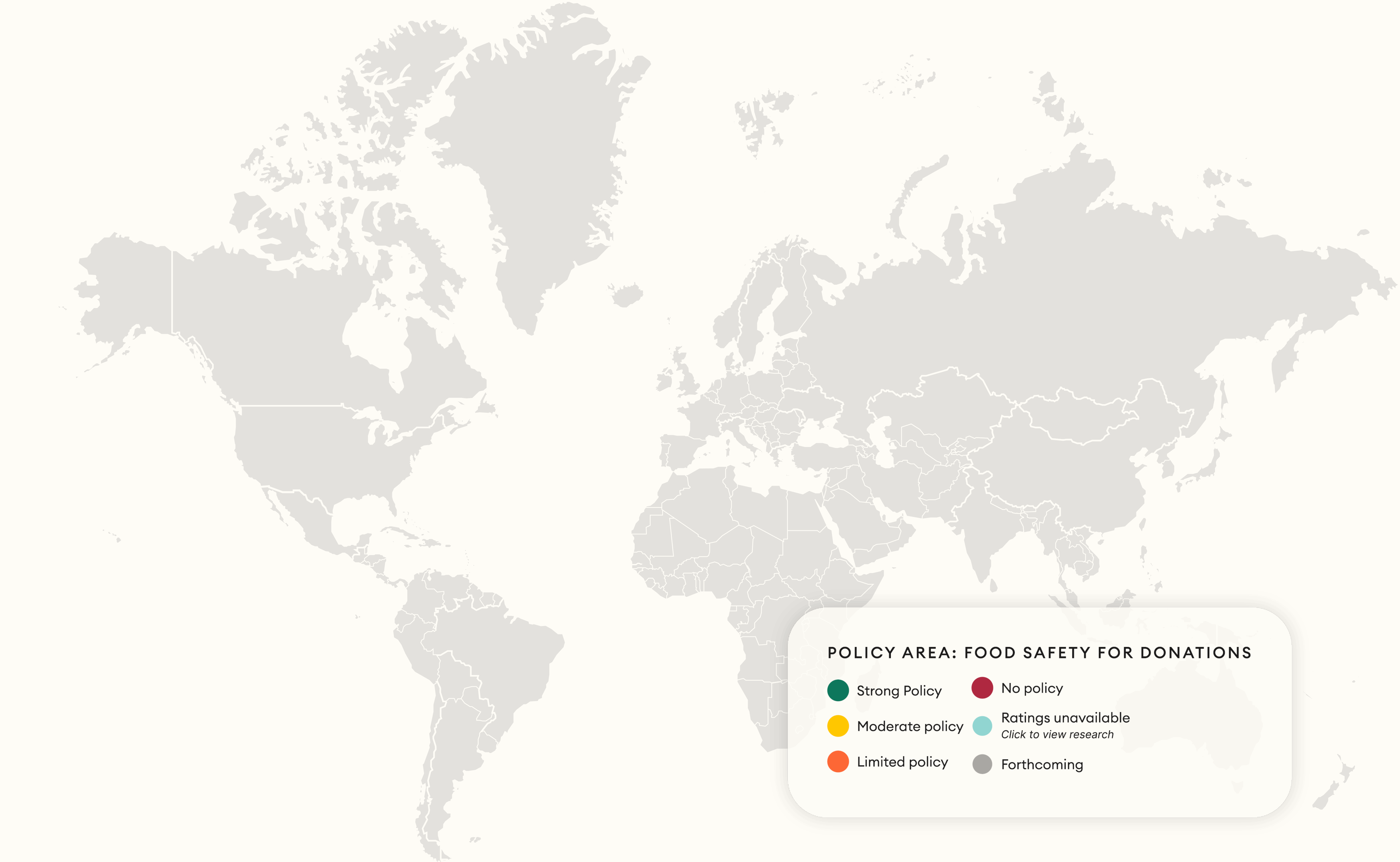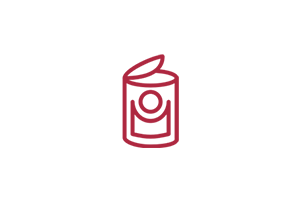Indonesia: Policy Highlights and Opportunities
Each year, approximately 48 million tons of food in Indonesia is either lost or wasted along the supply chain, causing an estimated 213 to 551 trillion Indonesian rupiah (Rp), or US$15 to US$39 billion, in economic loss. Much of this food is still safe for human consumption and could be redirected to the 20 million people in Indonesia facing hunger.
Atlas Research: Indonesia
Policy Highlights
Indonesia research was published in September 2022 and was made possible with the advice and support of our on-site partners, including Food Cycle Indonesia and Scholars of Sustenance Indonesia.
Policy Opportunities and Recommendations




